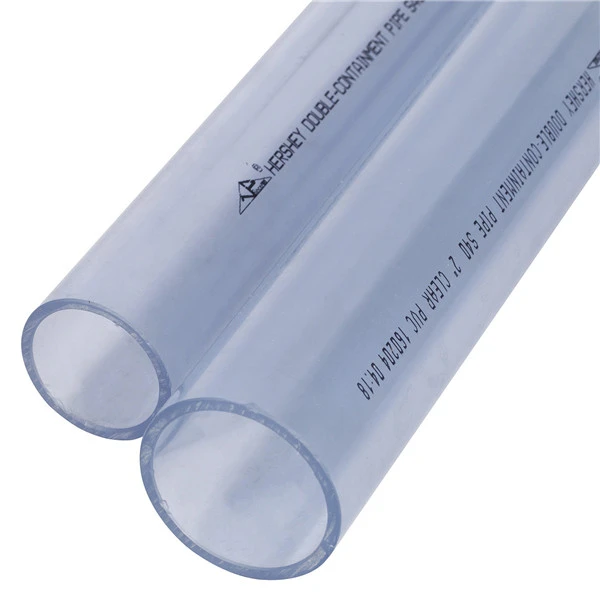Novemba . 08, 2024 08:23 Back to list
Sustainable HDPE Pipe Solutions for Efficient Drip Irrigation Systems and Water Management
The Advantages of HDPE Pipe for Drip Irrigation
In recent years, the agricultural sector has been increasingly focusing on efficient water use and sustainable practices, particularly in the context of irrigation. One of the most effective methods of irrigation is drip irrigation, which delivers water directly to the plant roots in a controlled manner. A critical component of drip irrigation systems is the piping that transports water. High-Density Polyethylene (HDPE) pipes have emerged as a popular choice among farmers and agricultural engineers due to their numerous advantages.
What is HDPE?
High-Density Polyethylene (HDPE) is a thermoplastic polymer made from petroleum. It is known for its high strength-to-density ratio, which makes it an ideal material for various applications, including piping. HDPE pipes are available in various sizes and are highly resistant to chemicals, moisture, and various environmental factors, making them suitable for irrigation purposes.
Durability and Longevity
One of the foremost benefits of using HDPE pipes in drip irrigation systems is their durability. HDPE pipes are resistant to corrosion, which means they can withstand the harsh conditions often associated with agricultural environments. Unlike traditional metal pipes that can rust and deteriorate over time, HDPE pipes maintain their structural integrity even after years of exposure to water and soil. This longevity translates to reduced maintenance costs and less frequent need for replacement.
Flexibility and Ease of Installation
Another advantage of HDPE pipes is their flexibility. This property allows the pipes to bend easily without breaking, enabling more straightforward installation, especially in contour fields or uneven terrains. Unlike rigid piping systems, HDPE pipes can be snaked around obstacles, reducing the need for additional fittings and connections that can lead to leaks. Further, installers can easily cut HDPE pipes to the desired lengths using standard tools, facilitating quick and efficient installation.
Reduction in Water Loss
hdpe pipe for drip irrigation

Water conservation is crucial in agriculture, particularly in areas facing water shortages. Drip irrigation, combined with HDPE pipes, allows for precise water delivery, minimizing evaporation and runoff. The pipes can be laid directly on or buried beneath the soil surface, ensuring that water reaches the roots directly without losing a significant amount to the atmosphere. This efficiency not only leads to better crop yields but also significantly reduces water usage, which is increasingly important in sustainable farming practices.
Resistance to UV and Chemical Damage
While many irrigation pipes are vulnerable to damage from ultraviolet (UV) rays, HDPE pipes come with added benefits. Their resistance to UV degradation means they can be used in exposed environments without fear of weakening over time. Furthermore, HDPE pipes are resistant to a range of chemicals, making them suitable for delivering fertilizers and other agricultural chemicals without compromising the structural integrity of the pipeline.
Cost-Effectiveness
When considering the initial installation and long-term operational costs, HDPE pipes prove to be a cost-effective solution for farmers. Their durability and minimal maintenance requirements translate to long-term savings. Additionally, the efficiency of drip irrigation systems powered by HDPE pipes can lead to increased crop yields, which further enhances profitability for farmers.
Environmental Benefits
Finally, using HDPE pipes in drip irrigation systems is a sustainable choice for the environment. By reducing water consumption and minimizing the risk of runoff and erosion, HDPE pipes contribute to better soil health and lower environmental impact. This sustainable practice not only supports farmers' goals but also aligns with global efforts to promote responsible use of natural resources.
Conclusion
High-Density Polyethylene pipes are revolutionizing drip irrigation systems in agriculture. Their durability, flexibility, and resistance to various environmental factors make them an ideal choice for modern farming. As the agricultural sector continues to face the challenges of water scarcity and the need for sustainability, HDPE pipes stand out as a reliable and efficient solution. By investing in HDPE piping systems, farmers can optimize water use, reduce costs, and promote environmental health, ensuring a bright future for agricultural practices.
-
Durable PP Rigid Sheet: Lightweight, Chemical Resistant Solutions
NewsAug.21,2025
-
PVC Grey Sheet for Extraction: Chemical Resistant & Durable
NewsAug.19,2025
-
Durable PVC Pipe Fittings for Plumbing & Irrigation Needs
NewsAug.18,2025
-
HDPE Steel Belt Reinforced Spiral Corrugated Pipe | High Strength
NewsAug.17,2025
-
HDPE Pipe Fittings: Durable, Leak-Proof Solutions
NewsAug.16,2025
-
Premium CPVC Sheet: High-Temp & Chemical Resistant Solutions
NewsAug.15,2025

